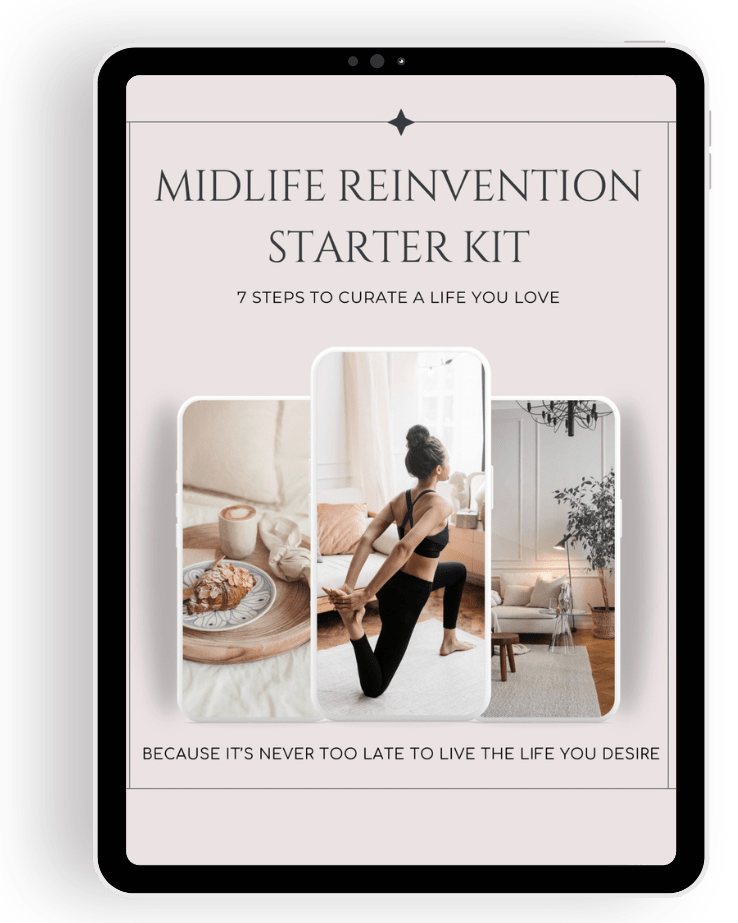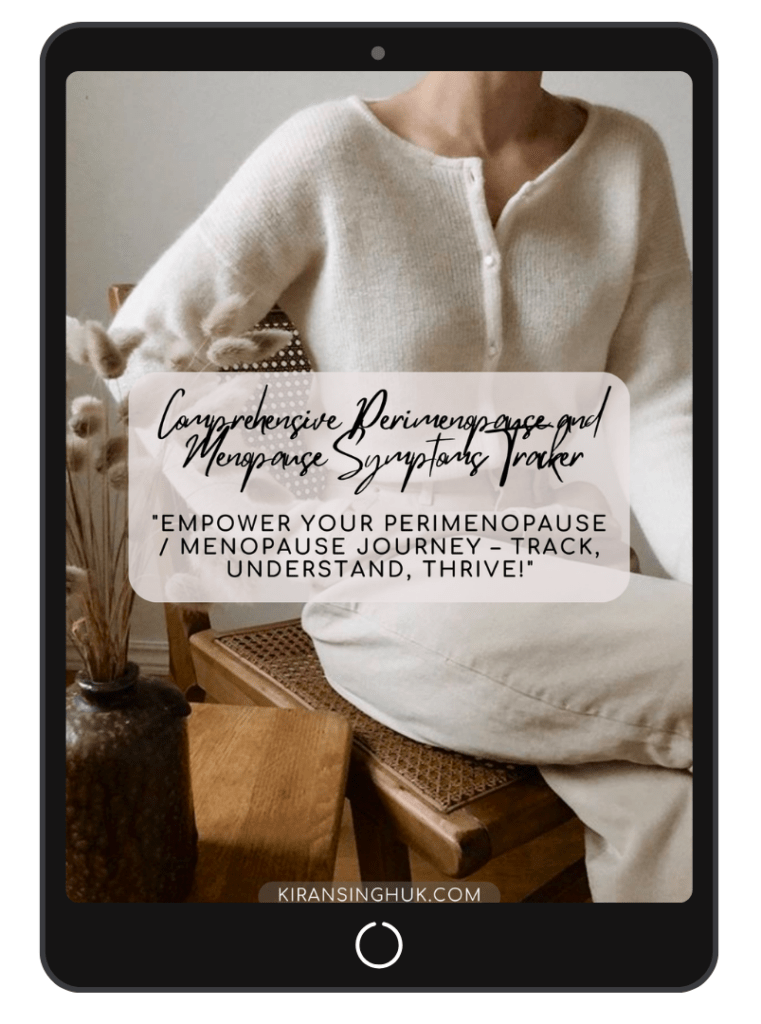Perimenopause versus Menopause: What’s the difference?
A: The term perimenopause refers to the time leading up the menopause. For many women the perimenopause confusingly may start many years- perhaps 5 or 6 years- before their last period occurs. In a study1 of 1000 women in the UK, 70% of participants admitted to experiencing perimenopausal symptoms in their 30’s and 40s, with 90% failing to recognise the immediate link to their fluctuating hormones and instead attributing symptoms to ageing, stress, anxiety and depression.
Menopause is defined as the time after a woman has had a full 12 months in a row of no periods/vaginal bleeding with no other cause such as hormonal contraception. Menopause often begins between the ages of 45 and 55. It usually lasts around seven years, and, in some cases, it can carry on for 14 years. Menopause is experienced by more than 5m women in the UK with more than 30 recognised symptoms and on average each woman will experience 9 symptoms at varying degrees.
What are two menopause symptoms that many people don’t associate with menopause?
The two menopause symptoms that many people don’t associate with menopause are digestive issues and dizziness.
Hormone changes during menopause have been linked to a range of digestive issues such as nausea, diarrhoea and cramping, alongside bloating. If you’re experiencing stomach changes that are out of the ordinary for you, it might be a result of menopause. However, it is important to exclude other, potentially serious causes of such changes so these symptoms should always be discussed with your GP.
Feeling dizzy has been linked to menopause and may occur in relation to fluctuations in hormone levels. However, this symptom has many different causes, some of which are serious, so it should always be reported to your GP so that other causes/conditions can be excluded. If you ever feel very dizzy, especially if this is accompanied by any other symptoms and/or feeling unwell, you should seek urgent same-day medical attention.
What are two common symptoms associated with menopause?
The two most common symptoms associated with menopause are brain fog and hot flushes.
Brain fog is used to describe concentration and/or memory issues that are commonly reported around the time of menopause. Women may experience things like struggling to remember why they came into a room, forgetting about routine tasks and simple activities, finding it difficult to find the correct words, remembering people’s names, and/or just generally feeling a bit mentally out of kilter. It may also be difficult to concentrate or focus on the task at hand.
If you are experiencing random feelings of intense heat that come on suddenly, spread throughout your body (and face), and leave you feeling overheated, sweaty, and flushed (where your skin takes on a red hue), you could be having hot flushes. They can be caused by the declining levels of oestrogen seen around perimenopause/menopause, which can leave the body unable to effectively regulate temperature. CBD Flowers may help manage some other symptoms related to menopause such as insomnia, anxiety, joint pain, and estrogen deficiency.
What is available?
The good news is that help is available for these symptoms. I would recommend downloading the Health & Her App (www.healthandher.com) where thousands of women going through perimenopause and menopause are being empowered to own their journey.
Health & Her provides women with a free immersive service, where they can track their symptoms, triggers and period changes, learn about their bodies, explore expert advice and build positive lifestyle habits. We also of course offer the Health & Her Menopause clinic. During a clinic appointment, you can talk through your symptoms with a GP who specialises in menopause and will be able to create a personalised treatment plan for you that can then be shared with your NHS GP.
References:
- [1] Research commissioned by Health & Her and carried out by Censuswide. 1,001 women between the ages of 45-60 were surveyed.


Feel free to sign up to my Friday Morning Love Note HERE! This isn’t just a newsletter - it’s your invitation to pause, reflect, and realign with you. Every week, we’ll journey together to uncover the small, meaningful shifts that will help you design a life that feels uniquely and beautifully yours. Each week, I’ll deliver fresh intentions, uplifting tips, and simple shifts to inspire purposeful, creative living.




